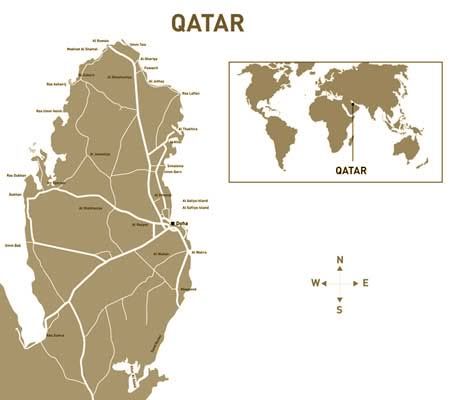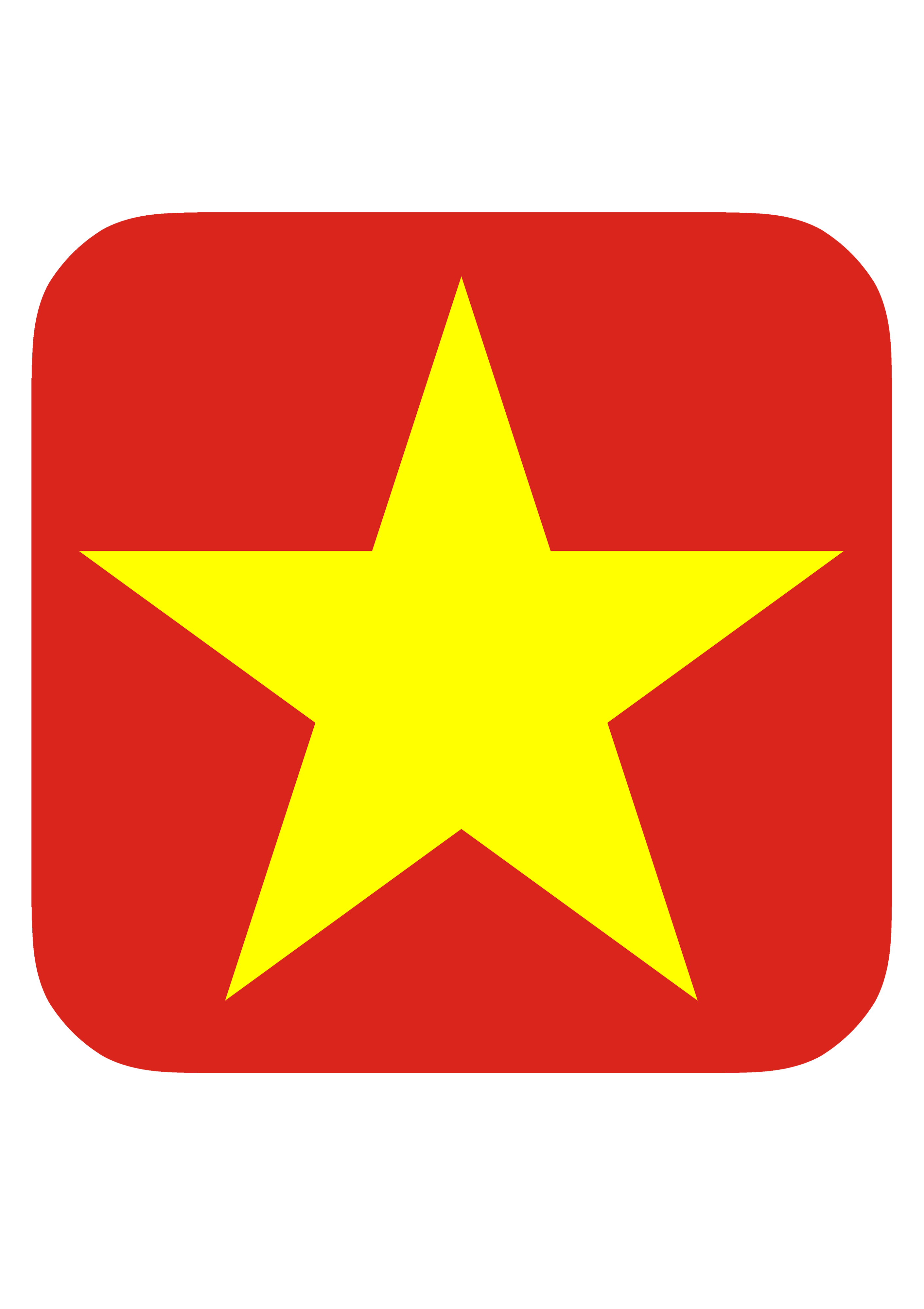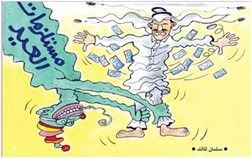LOBBY.VN
Administrator
Qatar Investment Authority
Mission
QIA’s mission, as defined in Article 5 of Emiri Decision No (22) of 2005 (the QIA Constitution)) and detailed in Mission & Investment Objectives, is to
“…develop, invest and manage the state reserve funds and other property assigned to it by the Supreme Council in accordance with policies, plans and programs approved by the Supreme Council”
Values
QIA and its employees shall be guided by the following values
- Integrity: QIA and its employees apply the highest ethical, moral and professional standards of conduct in all their undertakings
- Mission focus: QIA has a noble mission on behalf of the Qatari people. In executing their day-to-day responsibilities, QIA’s management and employees are firmly focussed on this mission
- Entrepreneurialism: QIA believes in the power of entrepreneurialism, and continues to encourage initiative and a flexible approach even as the organisation grows and institutionalises
- Excellence: QIA strives for excellence in all aspects of its undertakings
- Respect for people: QIA recognises that people are its most valuable asset, and it seeks to create a respectful workplace free of harassment or intimidation
Governance
- Implementation of QIA’s mission is the responsibility of QIA Board
- The QIA Board has established the framework for QIA’s operations through appropriate policies, including (but not limited to) investment policies, risk management policies, a Legal Policy, a Compliance Policy and a Code of Conduct
- The QIA Board provides strategic guidance for QIA and monitors QIA executive management
- The CEO, together with the management team, is responsible for the day-to-day management of QIA
- Business decisions are the sole responsibility of the QIA Board and QIA’s executive management. Qatar’s government does not interfere in the QIA’s investment, divestment or other business decisions
- The State Audit Bureau monitors and audits QIA’s accounts
History
The small peninsular country of Qatar has long occupied a crucial position in the important trade routes between India and Europe. In the 1940's, oil was discovered and, subsequently, huge reserves of natural gas - now known to represent one third of the world's reserves
This forms the economic bedrock of this fast-growing nation's wealth, which His Highness, the Emir of Qatar Sheikh Hamad bin Khalifa Al Thani, has determined should be husbanded for the benefit of future generations
A very important conduit for this investment is the QIA, which was set up in 2005, building on the heritage of sophisticated state investment over the last three decades
The success of Qatar's economic strategy is widely acknowledged, reflected in the country's credit rating of Aa2 from Moody’s Investors Service, which means it has a risk profile equivalent to some of the world's biggest and most advanced industrially developed nations

Enlarge Map
Strategy
Economic backdrop
The Qatar Investment Authority is an integral part of Qatar's strategy to diversify its finances into new asset classes, so strengthening and broadening the country's fast-growing economy which is rooted in the natural resources sector
Under the far-sighted policy of reform implemented by His Highness, the Emir of Qatar Sheikh Hamad bin Khalifa Al Thani, the Qatar economy has been one of the most dynamic. Current GDP is estimated at some $52bn, up from $8bn as recently as 1995. Growth forecasts for the economy vary, but most estimates put growth at 10% per annum at least for the next 5 years, with further growth of at least 7% per annum foreseen beyond that
This growth is due in part to the rising energy prices and higher exports of liquefied natural gas (LNG). Qatar has huge gas reserves as much as one third of the world's total gas reserves lies within its territory. The Qatar government is using this resource and the funds flowing from it to develop the country's infrastructure, including education and health facilities, and modern hydrocarbon operations. Some $130bn is earmarked for investment over the next 5 6 years, of which $65bn will be devoted to energy-related projects
Economic growth has been further strengthened by very open and competitive economic conditions, including respect for the rule of law, stability, the encouragement of private enterprise and the promotion of foreign investment
Diversifying the economy
To diversify the economy, Qatar is taking steps inside and outside its territory
Inside Qatar, measures have been put in place to grow the non-hydrocarbon economy. These measures include the development of small and medium-size enterprises (SMEs); promotional activities such as the Asian Games (Qatar was host to the games in 2006); the creation of the Qatar Financial Centre; property and project development by Qatari Diar Real Estate Investment Company; creation of international brands such as Qatar Airways; investments in energy-intensive industries and research and development facilities and the establishment of world-class educational institutions
Outside the territory, the QIA is responsible for investing funds in asset classes such as equities and fixed income and private equity, as well as through direct investment. These investments will complement the state's huge wealth in natural resources. The QIA adheres to the strictest commercial and financial disciplines in line with the standards to be expected of a world class investor
Investment strategy
Set up as a vehicle through which the State of Qatar can help secure the future prosperity of its people by building up a diversified asset base to complement its wealth of natural resources, the QIA's investment strategy is based on its responsibility to generate a strong and sustainable return for the shareholder
The QIA fulfills its mission of building this global investment portfolio by pursuing financially sound investments across various asset classes, industries and geographies. Although the QIA was formed as recently as 2005, it has already built up a strong track record of diversified investments, ranging from listed securities, property, alternative assets and private equity
Backed by very significant resources, the QIA forms part of an elite of financial institutions which can truly claim to be global investors. Although its approach adheres to the strictest commercial disciplines, the QIA benefits from being a central part of the State of Qatar's economic vision which allows it to invest in a manner which transcends the cyclicality of economic cycles and fluctuations of the financial markets. The QIA's ability to take the long view in its investment strategy offers the benefits of stability to all the stakeholders
About Qatar
The State of Qatar is an emirate occupying the Qatar Peninsula, located halfway down the west coast of the Arabian Gulf
Qatar gained its independence from Britain in 1971 and became a constitutional monarchy, ruled by the Al Thani family. Qatar is a member of both the United Nations and the League of Arab States. The Qatari economy has grown strongly in recent years, and current GDP is estimated at some $52bn, up from $8bn as recently as 1995. Growth forecasts for the economy vary, but most estimates put growth at 10% per annum at least for the next 5 years, with further growth of at least 7% per annum foreseen beyond that
This growth is due in part to the rising energy prices and higher exports of liquefied natural gas (LNG). Qatar has huge gas reserves as much as one third of the world's total gas reserves lies within its territory. The Qatar government is using this resource and the funds flowing from it to develop the country's infrastructure, including education and health facilities, and modern hydrocarbon operations. Some $130bn is earmarked for investment over the next 5 - 6 years, of which $65bn will be devoted to energy-related projects
However, the government is keen to diversify away from depending on natural resources, and has established a number of organisations and bodies to ensure the security of future generations by diversifying income streams, as well as seeking to stimulate the private sector. Economic growth has been further strengthened by the benign economic conditions, including respect for the rule of law, stability, and the encouragement of private enterprise
The state now has 743,000 inhabitants (2004 population census), 83% of inhabitants reside in the capital city, Doha, and its main suburb Al-Rayyan
Arabic is the official language in Qatar, and English is widely spoken
The official currency is the Qatari Riyal (QR), which is divided into 100 dirhams. Exchange rate parity has been set at a fixed rate of US $ = 3.65QR's
Lobby & Qatar Investment
Last edited:


